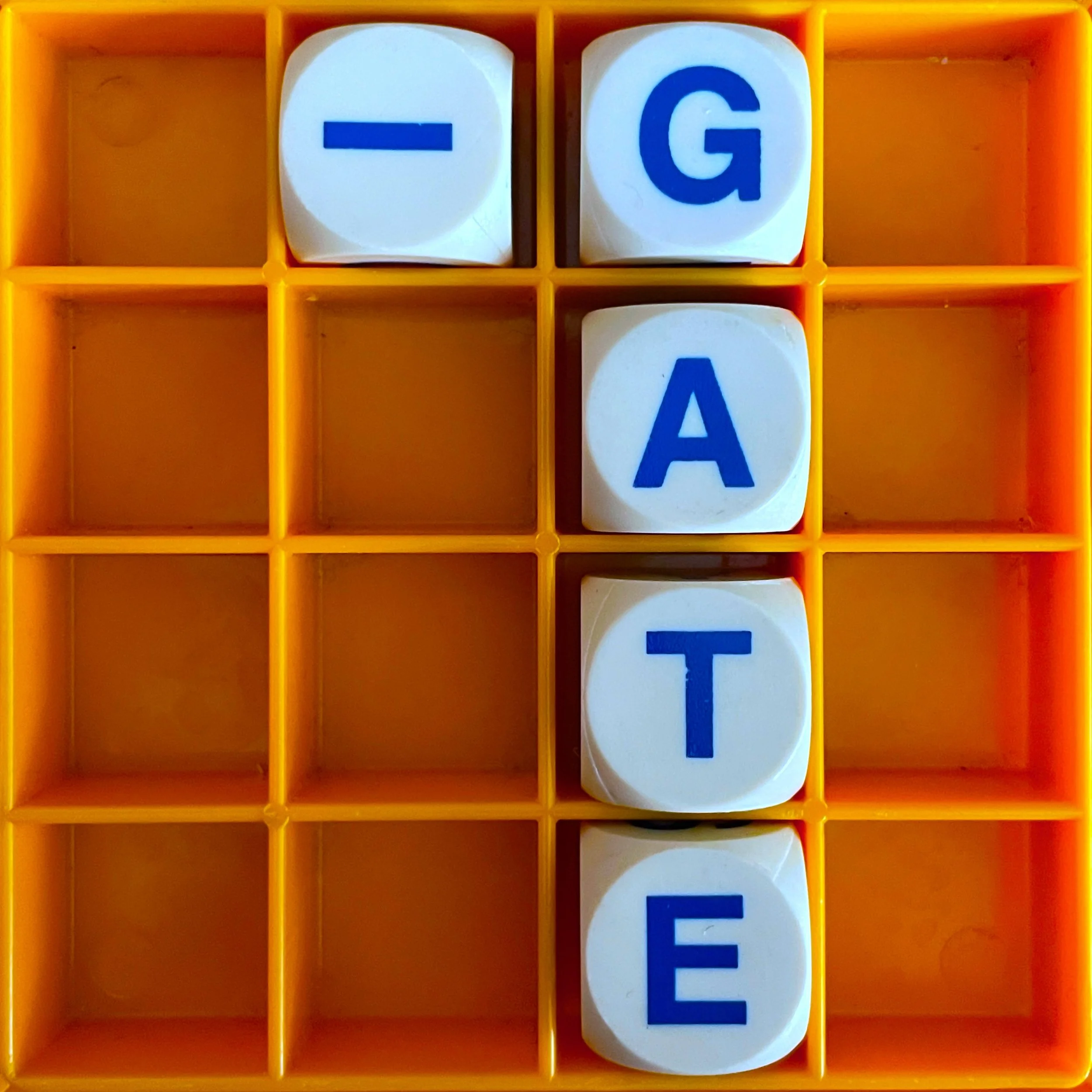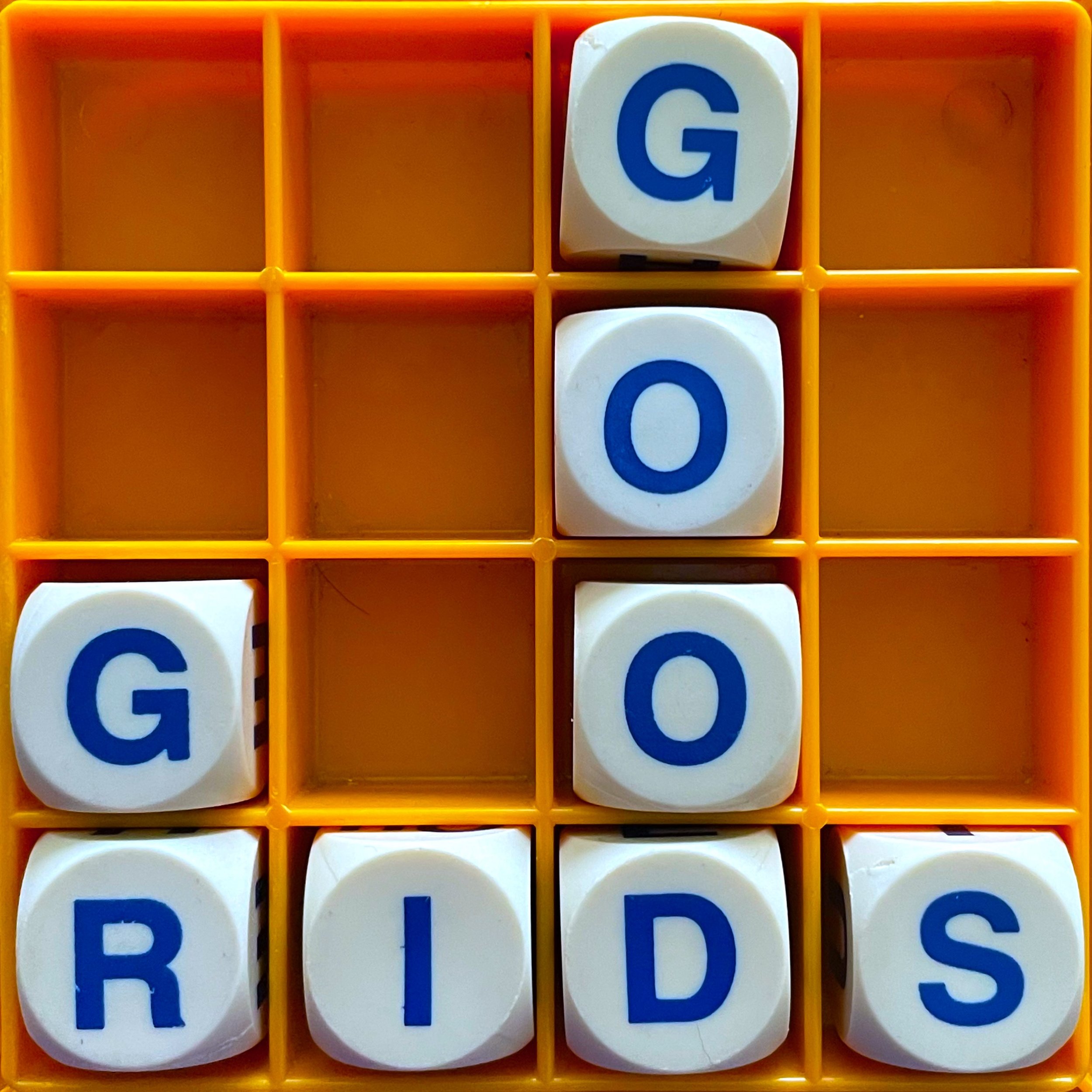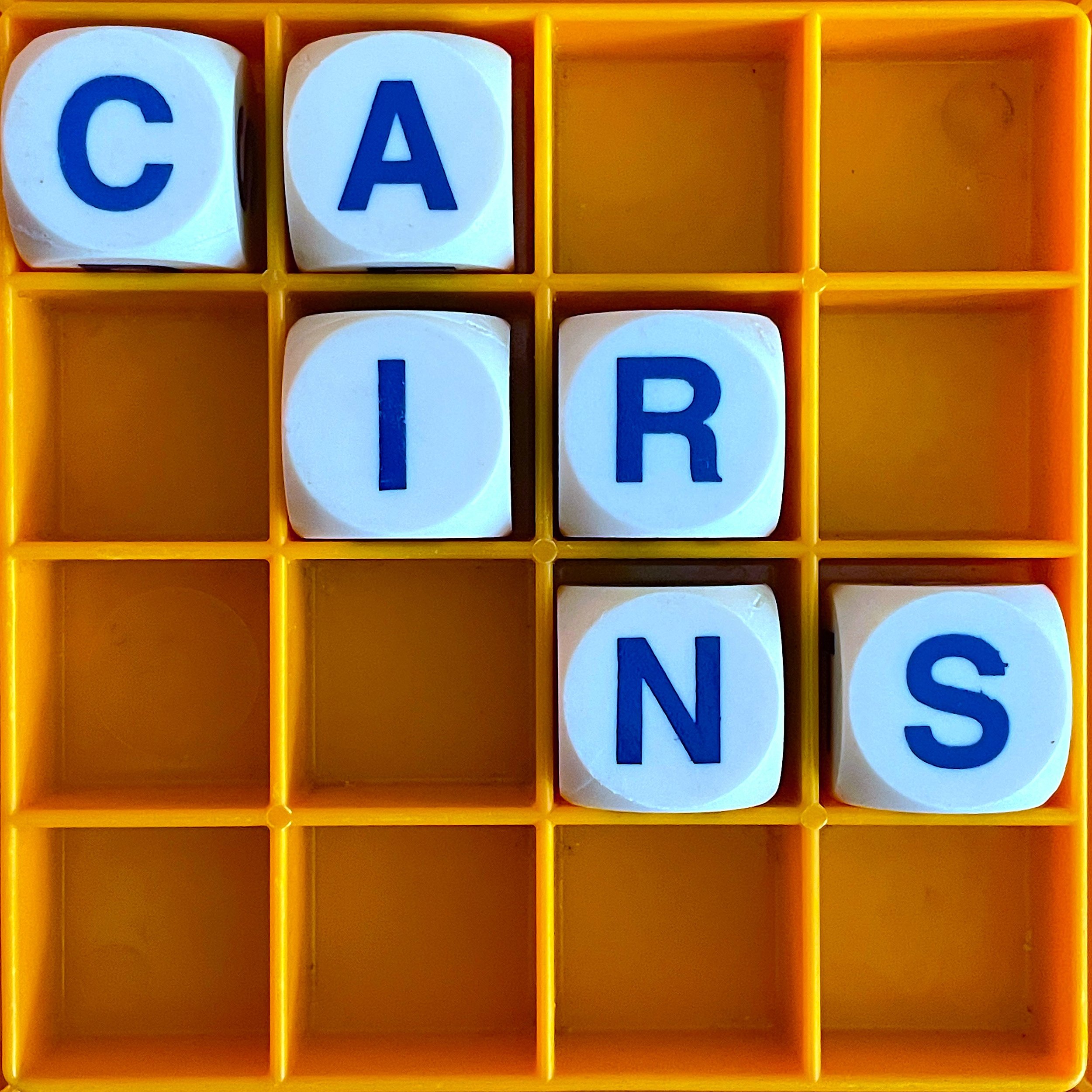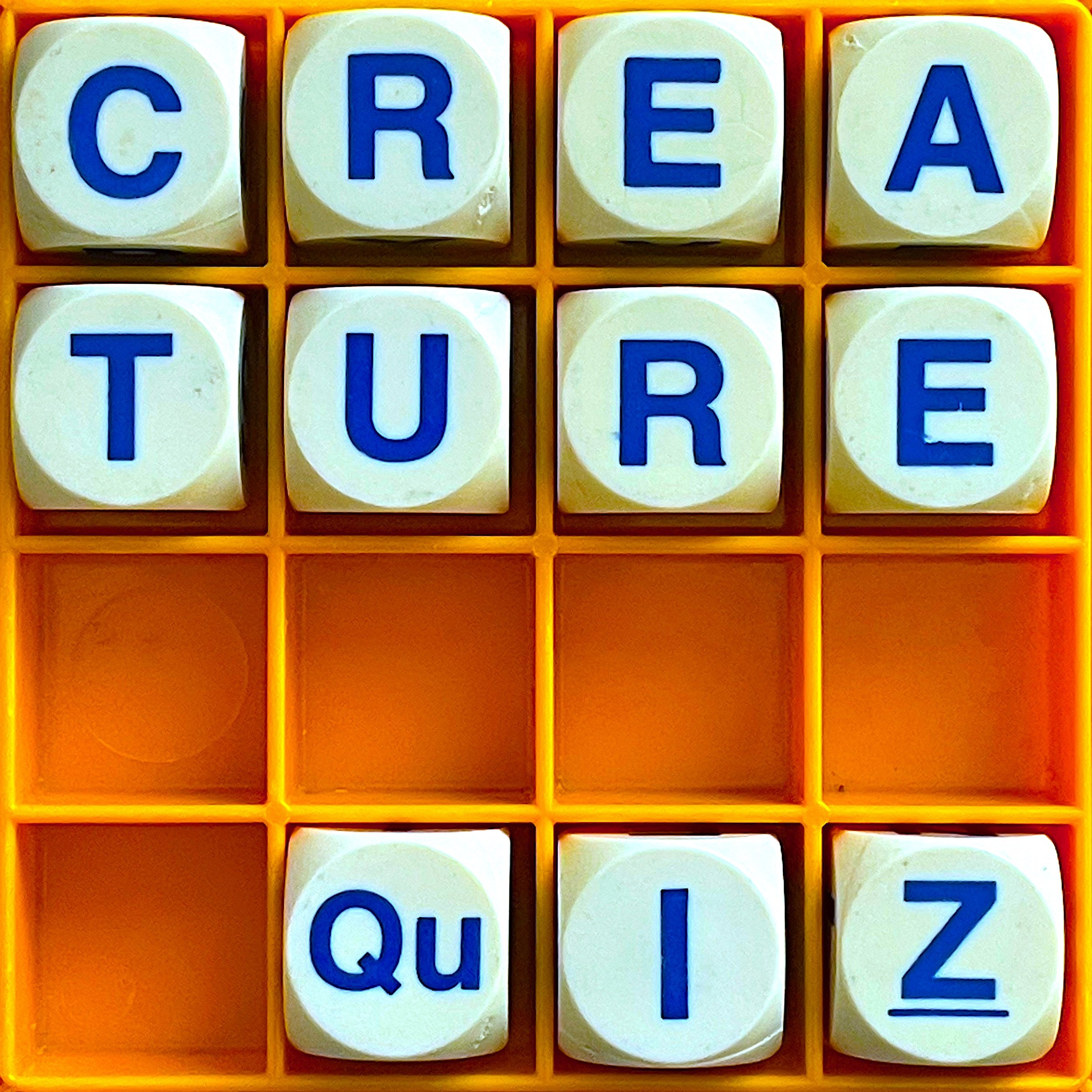The Watergate Scandal’s linguistic legacy: the suffix ‘-gate’
Read moreAllusionist 209. Four Letter Words: Serving C-bomb transcript
Things have changed for a word that despite being around in written text for 900+ years, didn’t even get listed in the Oxford English Dictionary until 1972.
NICOLE HOLLIDAY: I never say this word.
HZ: No, I feel bad to force you.
NICOLE HOLLIDAY: No, it's funny. Well, I'll say it on podcast, this is professional environment; but in my normal daily life, I can't imagine that I would personally say it. And this might just be like, I'm kind of a prude and I was raised kind of religious, but it does sort of seem like beyond the pale for me personally. I wonder if were 20 if I wouldn’t feel that way, but I spent so much of my life like judiciously avoiding very strong taboos. And this one, just my gut reaction is that it overwhelms. So when you asked me to do this, I was like, “Oh, no! I have to say that word!”
HZ: I'm sorry. We could probably skirt around it and then people can spend the whole episode trying to guess which word we're talking about.
Read moreAllusionist 208. Four Letter Words: Four Letter Words: Ffff
If you’re thinking, “How the fuck can you write a whole 500-page dictionary just about the word ‘fuck’?” consider, say, the many meanings of ‘ass fuck’, noun and verb - and that’s before you even add similar terms like ‘bumfuck’ and ‘buttfuck’. And there are so many less usual terms, like ‘fucksome’ or ‘fuckstrated’ or ‘fuckist’ or ‘fucktious’.
Read moreAllusionist 203. Flyting transcript
ISHBEL McFARLANE: “You crap so much that you sunk a ship you were on.”
HZ: I’m gonna use that.
Allusionist 201. Singlish transcript
BIBEK GURUNG: You grow up with the sense that if your first language, or one of your first languages, Singlish, actually a bad version of an already existing language, you kind of get this sense that “I'm just bad at language,” which is… language is a fundamental human skill. It's what separates us from the lemurs or whatever. And to just have this sense that you're bad at this very fundamental skill, I think, really does a number to your self esteem and your abilities to communicate in general. I still have a lot of - I don't know how to phrase it, maybe like cultural cringe - around Singlish. And when I meet someone from Singapore, we do sort of lapse into Singlish and communicate in that way, except if I'm with American friends and then I just feel so self conscious and I'm not able to do it. As a student of linguistics and someone who just knows about the sociolinguistic dynamics, I still find it really hard to shake.
Read moreTranquillusionist: Ex-Constellations transcript
Let’s hear it for some of the constellations that we used to have but are now ex-constellations.
Read moreAllusionist 198. Queer Arab Glossary
HZ: So how do you go about building a glossary when you have to do that yourself from scratch?
MARWAN KAABOUR: Yes, it's a good question. Like, why would a graphic designer with a steady job decide to open this can of worms?
Allusionist 194 Word Play part 4: Good Grids
ERIK AGARD: What I see a lot in crosswords is, I think, not unique to crosswords where historically they've been for a very specific cross-section of an audience. They're written with certain people in mind, and certain other people not in mind. And I think we're starting to see the tip of the iceberg of some changes that expands the range of who they're for.
Read moreAllusionist 192 Word Play part 2 transcript
HZ: People assume to my face that a podcast about language won't be fun, and they're like, “Why would you do something that sounds so boring and dry and like a punishment?” What kind of reactions do you get when people learn that you make games about language?
KATHRYN HYMES: It's so interesting - for some people there's a similar reaction, but for a set of people, it's like you have given them the thing that they have most wanted in the world and maybe didn't realise or articulate or hope that such a thing could be made. And it's somewhat shocking that there's enough of those people and that the internet is able to connect it, you know, connect us to them that we end up finding each other.
Allusionist 181 Cairns transcript
LINDSAY ROSE RUSSELL: I don't think James Murray felt like he was alone in making the Oxford English Dictionary. I think he was keenly aware of himself as a part of a very large and many tentacled team. In a lecture he gave in 1900, he talked about every lexicographer as adding their stone to the cairn. You know, cairns like the little things when you go hiking that are piles of stones that tell you you're still on the right path. So I think Murray understood his own work as contributing to a larger lexicographical project where he was not a lone dictionary maker in the effort of dictionary making more grandly. But, I don't know; in history, I think it's easier to tell the story of a singular man. Because of course it's easier to tell the story of a singular man, as opposed to the story of thousands of people working on a single dictionary and doing all different kinds of things.
Read moreAllusonist 158 Creature Quiz transcript
Allusionist 157 Queerbaiting transcript
LEIGH PFEFFER: I think people are a little too quick to ascribe the term ‘queerbaiting’ to anytime they see something that doesn't necessarily sit right with them on instinct. There's a tendency at this point to kind of use it as a synonym for bad representation. I think that there's a disconnect and a mismatch between what younger viewers nowadays are kind of expecting in queer representation versus what pop culture is providing. People are getting used to more representation. They want to see better representation. So let's talk about that. Let's talk about how do we get better representation? What do we call it when we have specific tropes that might lead to harmful stereotypes, instead of lumping everything under this term ‘queerbaiting’ - because if we muddy a term like that, it loses its meaning. We need to be intentional with the language we're using when we're discussing queer representation in media, because we're at a fragile point. We have to have the right language to criticise it.
Read moreAllusionist 88. Name Changers - transcript
I changed my name because my parents spelled it wrong.
Why did I change my name? I didn't like it!
I have legally changed my name twice now, first and last. My parents tell this cute story about choosing my name the night before I was born. But as I was growing up, it was one of the most common names for female dogs.
I found out when I was about 12 that I was actually named for an actress that my dad had had a crush on when he was a kid, so I thought that was a bit weird and I didn't really want to hang on to that.
When I was born my parents could not agree on a name for me, and on their last day in the hospital after I was born they were watching the news and there was a missing children's report on the TV with a little girl named Ashleigh, and I was named after her.
Choosing a new name allowed me to drop a lot of the old baggage with the old identity without feeling as though I were betraying it.
Read moreAllusionist 87. Name v Law - transcript
JÓN GNARR: I had a daughter in 92, and she was named Camilla after her grandmother, it was Camilla with a C, spelled with a C. And so when I got the confirmation note from the National Registry, where they tell you that your child is now named something in the registry, they had spelled her name with a K. It's confirmed that the child Kamilla Jónssdóttir, blah blah blah. And I called them, because it was spelled with a C, and I just wanted to tell them it was a misunderstanding, my daughter's name is spelled with a C and she said yeah, wait, and I waited on the line and then she came back and she said no, it's no misunderstanding: C has been banned in the Icelandic alphabet.
HZ: C has been banned??
JÓN GNARR: C was banned. Yeah.
Allusionist 76. Across the Pond - transcript
HZ: We’ve all noted by now that Americans don’t spell colour or neighbour with a ‘u’ because who needs it, and Brits snigger uncontrollably at ‘fanny pack’. We know American and British Englishes are different, but the question is “Why?”
LYNNE MURPHY: People will say to me, "Why do British people say this and American people say that?" and I'm like, "Well, because they learned English in different places."
Read more














